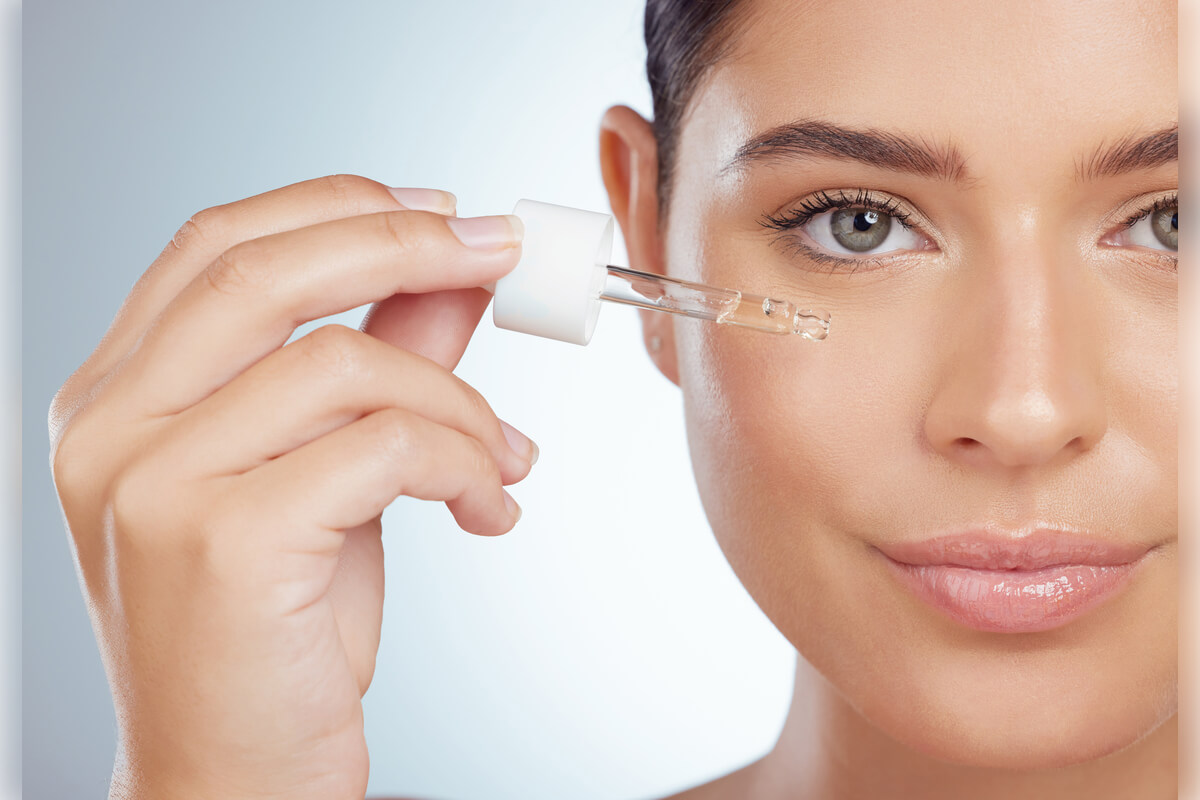Anti-Ageing for Sensitive Skin: Gentle Yet Effective Solutions
As we age, our skin undergoes various changes, and for those with sensitive skin, finding suitable anti-ageing solutions can be challenging. But fear not! This guide will explore gentle yet effective anti-ageing strategies tailored for those with delicate skin.
Understanding Sensitive Skin
What Makes Skin Sensitive?
Sensitive skin is characterised by heightened reactivity to external factors. It may experience:
Redness and Irritation
Your skin might become easily flushed or develop rashes when exposed to certain products or environmental factors.
Dryness and Flaking
A compromised skin barrier can lead to moisture loss, resulting in dry, flaky patches.
Stinging or Burning Sensations
You might feel discomfort when applying skincare products or exposing your skin to temperature changes.
The Ageing Process and Sensitive Skin
As we age, our skin becomes thinner and more prone to irritation. This makes managing reactive skin even more crucial in your anti-ageing routine.
Gentle Anti-Ageing Ingredients for Sensitive Skin
Hyaluronic Acid
This moisture-binding ingredient is generally well-tolerated by sensitive skin types.
Benefits
Hyaluronic acid helps plump the skin, reducing the appearance of fine lines and wrinkles while maintaining hydration.
Niacinamide
Also known as Vitamin B3, niacinamide is a versatile ingredient suitable for sensitive skin.
Key Actions
It helps strengthen the skin barrier, reduce inflammation, and even out skin tone.
Peptides
These amino acid chains are gentle yet effective for promoting collagen production.
How They Work
Peptides signal your skin to boost collagen synthesis, helping to improve skin firmness and elasticity.

Building a Sensitive Skin Anti-Ageing Routine
Cleansing
Start with a gentle, fragrance-free cleanser that won’t strip your skin of its natural oils.
Look for
Cleansers labelled as ‘mild’ or specifically formulated for sensitive skin.
Toning (Optional)
If you choose to use a toner, opt for alcohol-free, soothing formulations.
Ingredients to Consider
Look for calming ingredients like chamomile or aloe vera.
Serums and Treatments
This is where you can incorporate your targeted anti-ageing ingredients.
Application Tip
Start with a small amount and gradually increase usage to allow your skin to adjust.
Moisturising
Lock in hydration with a suitable moisturiser for sensitive skin.
Texture Matters
Choose lightweight formulas for oily or combination skin, and richer creams for dry skin types.
Sun Protection
Never skip this crucial step in your anti-ageing routine.
SPF Selection
Opt for mineral sunscreens with zinc oxide or titanium dioxide, which are less likely to irritate sensitive skin.
Professional Treatments for Sensitive, Ageing Skin
LED Light Therapy
This gentle light-based treatment can help improve skin texture and reduce signs of ageing without irritation.
How It Works
Different wavelengths of light penetrate the skin to stimulate collagen production and reduce inflammation.
Gentle Chemical Peels
While it might sound intimidating, there are chemical peels suitable for sensitive skin.
Options to Consider
Lactic acid or mandelic acid peels are often well-tolerated by sensitive skin types.
Microneedling
This collagen induction therapy can be adjusted for sensitive skin.
Customisation is Key
A skilled practitioner can tailor the treatment depth and intensity to suit your skin’s needs.
Tips for Introducing New Products
Patch Testing
Always perform a patch test before using a new product on your face.
How to Do It
Apply a small amount of product to your inner arm or behind your ear and wait 24-48 hours to check for any adverse reactions.
Gradual Introduction
When incorporating new anti-ageing products, start slowly to minimise potential irritation.
Frequency
Begin by using the product once or twice a week, gradually increasing as your skin tolerates it.
When to Seek Professional Help
If you’re struggling to find suitable products or experiencing persistent skin issues, it’s time to consult a skincare professional.
Dermatologist Consultation
A dermatologist can provide personalised advice and may recommend prescription treatments if necessary.
What to Expect
They’ll assess your skin type, concerns, and may perform tests to determine the best course of action for your anti-ageing journey.
Aesthetic Practitioner Visit
For those interested in non-invasive treatments, an aesthetic practitioner can guide you through suitable options.
Consultation Process
During your initial consultation, discuss your concerns, skin sensitivity, and desired outcomes to create a tailored treatment plan.
Navigating anti-ageing skincare with sensitive skin requires patience and a gentle approach. By understanding your skin’s needs and choosing appropriate products and treatments, you can achieve effective results without compromising your skin’s comfort. Remember, everyone’s skin is unique, so what works for others might not work for you. Stay attuned to your skin’s reactions and don’t hesitate to seek professional advice when needed. With the right care, you can embrace ageing gracefully while keeping your sensitive skin happy and healthy.

